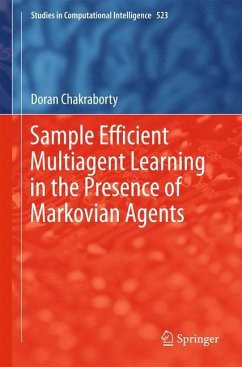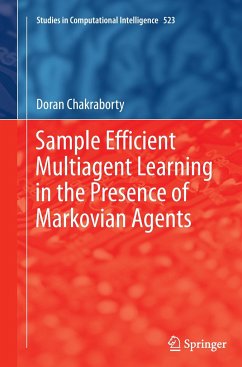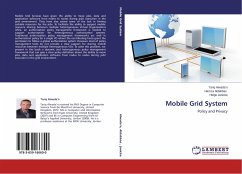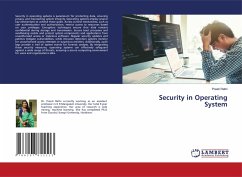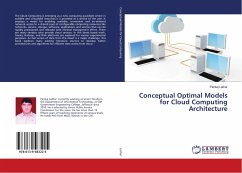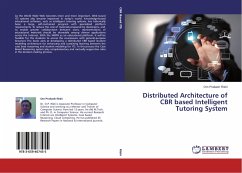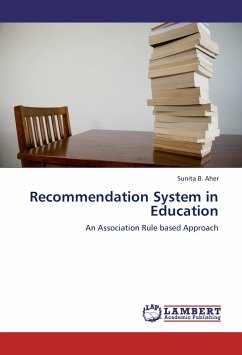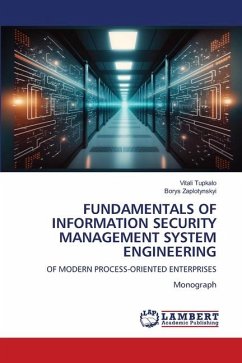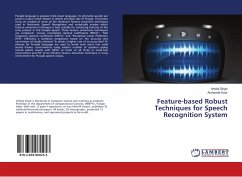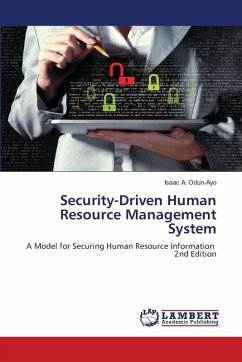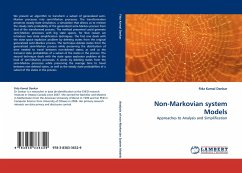
Non-Markovian system Models
Approaches to Analysis and Simplification
Versandkostenfrei!
Versandfertig in 6-10 Tagen
45,99 €
inkl. MwSt.

PAYBACK Punkte
23 °P sammeln!
We present an algorithm to transform a subset of generalized semi-Markov processes into semi-Markov processes. The transformation preserves steady-state simulation, a simulation that allows us to retrieve the steady state probability of the generalized semi-Markov process from that of the transformed process. The method presented could generate semi-Markov processes with big state spaces, for that reason we introduce two state simplification techniques. The first one deals with the state space explosion problem by deleting states from the original generalized semi-Markov process. The technique...
We present an algorithm to transform a subset of generalized semi-Markov processes into semi-Markov processes. The transformation preserves steady-state simulation, a simulation that allows us to retrieve the steady state probability of the generalized semi-Markov process from that of the transformed process. The method presented could generate semi-Markov processes with big state spaces, for that reason we introduce two state simplification techniques. The first one deals with the state space explosion problem by deleting states from the original generalized semi-Markov process. The technique deletes states from the generalized semi-Markov process while preserving the distribution of time needed to travel between non-deleted states; as well as the transient state probabilities of a subset of the states in the process. The second technique deals with the state space explosion problem at the level of semi-Markov processes. It works by deleting states from the semi-Markov processeswhile preserving the average time to travel between non-deleted states, as well as the steady state probabilities of a subset of the states in the process.



